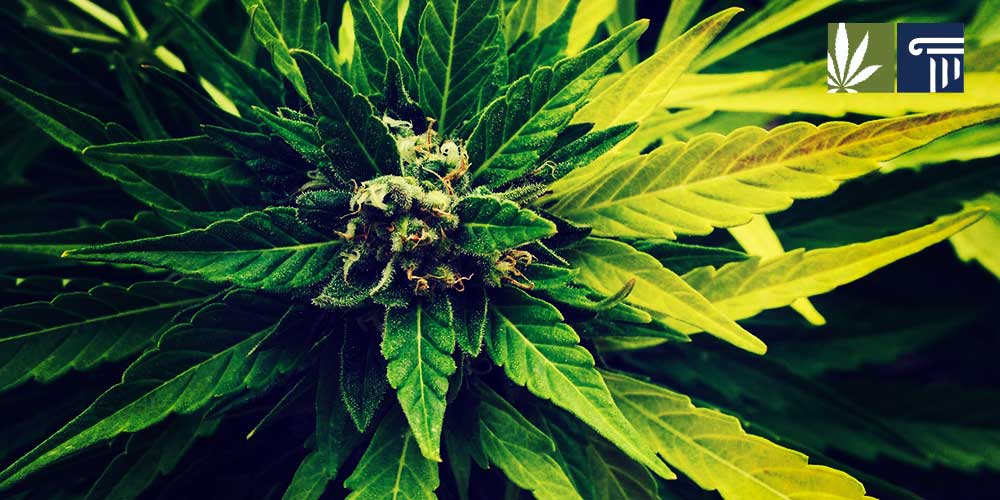In the November 2018 elections, medical cannabis initiatives passed in Utah and Missouri, and Michigan voters approved a recreational legalization measure. Furthermore, voters in Wisconsin approved several nonbinding referenda on legalization. Among these victories for cannabis advocates, however, there was one defeat: a majority of North Dakota’s voters opposed a measure that would have legalized adult use and created a process for automatic expungement. Following this defeat, however, advocates have pledged to try again.
The North Dakota initiative, known as Measure 3, received 132,199 votes, or 40.55%, in favor, and 193,837, or 59.45%, opposed. Two advocacy groups behind the measure, Legalize ND and Legalize North Dakota, were outspent by opponents.
A post on Legalize ND’s Facebook page is shown below:
“Last night was not the result we wanted. We were outgunned in money, and the majority of voters said no. But we cannot give up. Our advocacy does not end. In the new legislative session, WE MUST fight tooth and nail for decriminalization of marijuana possession, and gear up for 2020. Start contacting your newly elected legislators now.
THANK YOU TO EVERYONE that supported Measure 3. Your time, hard work, and contributions were not in vain. We lost the battle yesterday, but the fight is far from over!”
Many of the comments in response to this message ask that the next measure be more like those of other states, in particular that of Michigan, which proposed laws and regulations similar to those that apply to alcohol. After the defeat, the leader of Legalize ND, David Owen, acknowledged that the initiative’s broad language, which did not include taxation provisions or limits on the amount that could be legally possessed, may have contributed to the measure’s failure. He has promised to try again with a measure more like the laws of other states.
Polls in the state have shown mixed results on the legalization issue. A poll sponsored by Legalize ND showed a slim majority supported adult use legalization. (A medical program was approved by voters in 2016, and the first dispensaries are set to open.) On the other hand, opponents to legalization cite two polls that show a 55% majority of voters remain opposed. The four-percent difference between the polls and the election result may be attributed to Measure 3’s unusually broad provisions. As in other states, however, polls in North Dakota have been showing a steady increase in the number of voters who support legalization. Owen’s optimism may be justified.
Arrests
Although full legalization has the support of 40 to over 50% of North Dakota’s population, arrests have continued. According to Human Rights Watch, FBI arrest data shows that while most of those arrested on marijuana charges in 2006 in North Dakota were white (North Dakota’s population is 90% white), racial disparity in enforcement still exists. When black and white arrest rates were compared in constant numbers (per 10,000 people), the ratio of black arrests to white was 8.2.
And in June 2018, the attorney general of North Dakota reported that drug arrests had nearly doubled since 2010, and that marijuana accounted for about half of those arrests. Meth accounted for most of the remainder. While marijuana for adult use remains illegal in North Dakota, people continue to be arrested for possession, and black people are eight times more likely to be arrested for a crime with roughly equal black and white participation rates. Although support for adult use legalization may not yet be in the majority, it is trending that way, and a revamped initiative may appear on the ballot and pass in this year or the next.
What do you think? Will North Dakotans approve a new adult use legalization bill in the next election? Leave a comment below.






